News
14 Things You Should Never Say to a Hawaiian

If you’re visiting Hawaii, or talking to someone who calls the islands home, there are a few phrases best left unsaid. Hawaiians are proud of their culture, history, and identity, and some comments, even if well-meaning, can come off as ignorant or disrespectful. Here’s what not to say:
“So, do you live in a grass hut?”
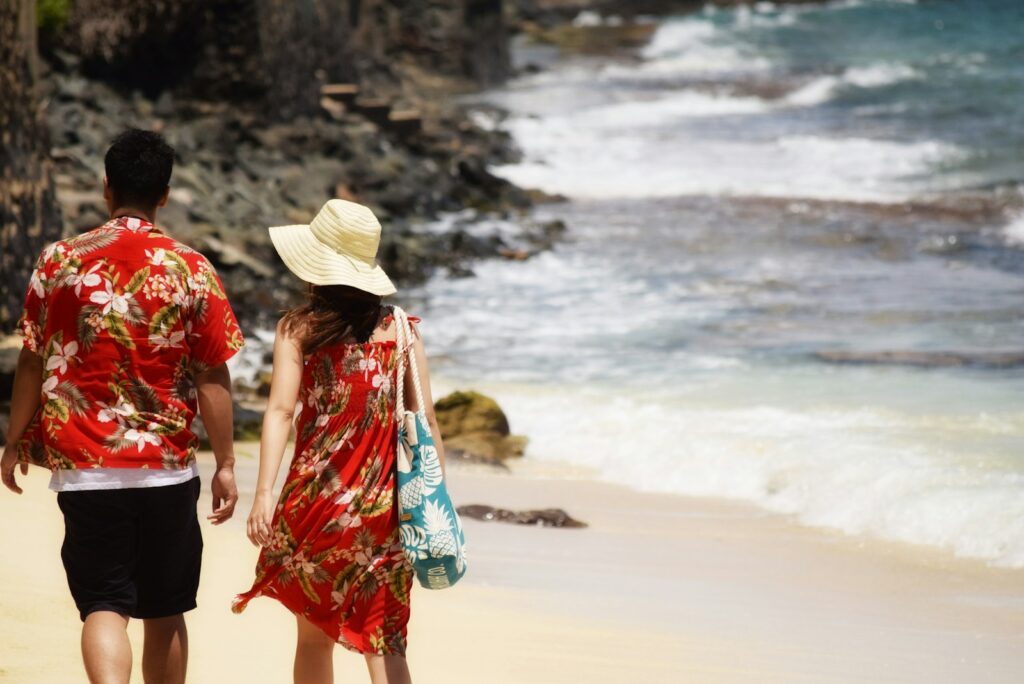
This question is more than just outdated, it’s offensive. It implies that Hawaiians are living in some sort of primitive past, which dismisses the modern, diverse, and complex lives people lead on the islands today. Hawaiians shop at Costco, pay rent, and deal with traffic—just like the rest of the U.S. Suggesting otherwise not only perpetuates a cartoonish stereotype but also reduces a deeply rooted culture to a novelty.
“I wish I could live in paradise and do nothing all day.”
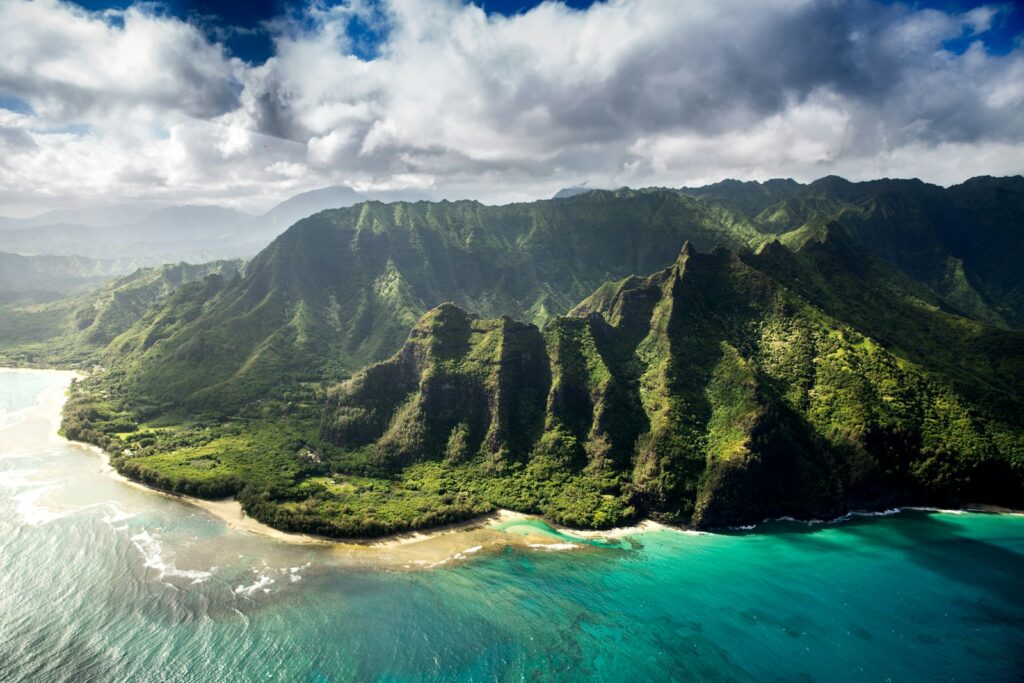
Many people picture Hawaii as a place where no one works, everyone surfs, and every day is a luau. The reality? Hawaii has one of the highest costs of living in the U.S. Locals often work multiple jobs just to afford rent. Tourism jobs can be grueling, and native Hawaiians are frequently priced out of their own neighborhoods. Calling it “paradise” without acknowledging these realities is tone-deaf.
“You’re Hawaiian? You don’t look Hawaiian.”

This is a classic microaggression. First, Hawaiian is an ethnic identity, not a look. Second, the majority of people who live in Hawaii are not ethnically Hawaiian. They may be of Japanese, Filipino, Chinese, Portuguese, or other descent. Ethnic Hawaiians represent a small percentage of the population. So when someone does identify as Hawaiian, don’t question it, please. It’s deeply personal and culturally significant.
“So, what’s your real name?”
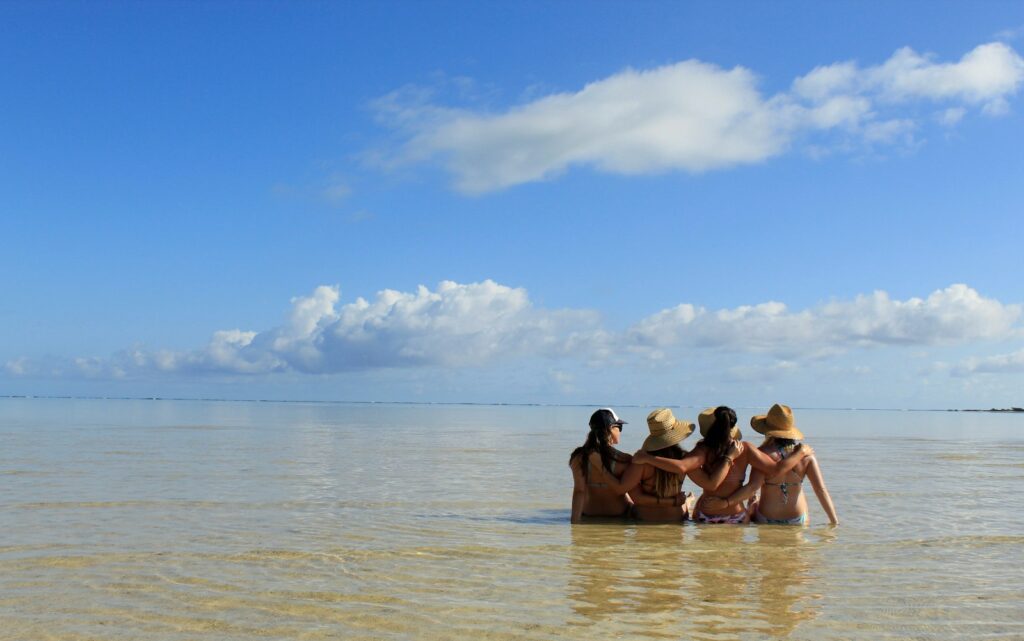
If someone gives you a Hawaiian name, that’s their real name. Hawaiian names often carry ancestral, spiritual, or geographical meanings and are treated with reverence. Asking for a “real” name implies that Hawaiian language and culture are somehow less legitimate than English-speaking norms. Learn to pronounce their name if you’re unsure, and ask respectfully if you need help.
“Can you do a hula for me?”
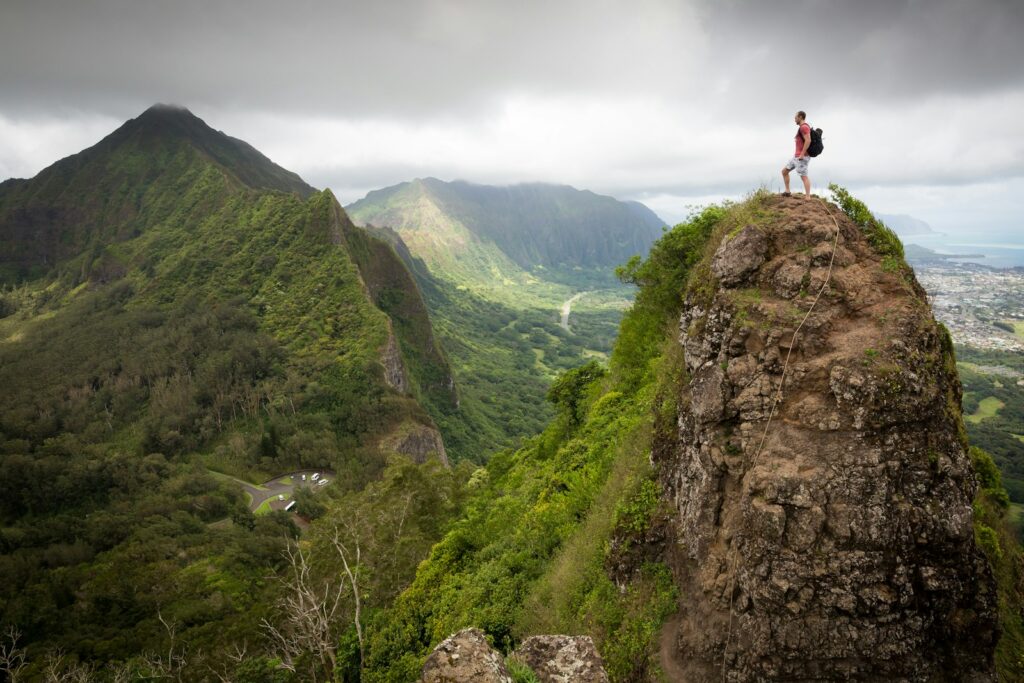
This is not just a rude request. It’s a misunderstanding of what hula really is. Hula is a sacred form of storytelling and ceremony, not a party trick or entertainment act for tourists. Many dancers train for years and view the dance as part of their cultural and even spiritual identity. Asking someone to hula on command shows you view their heritage as a novelty, not something worthy of respect.
“Isn’t Hawaii just like California but wetter?”
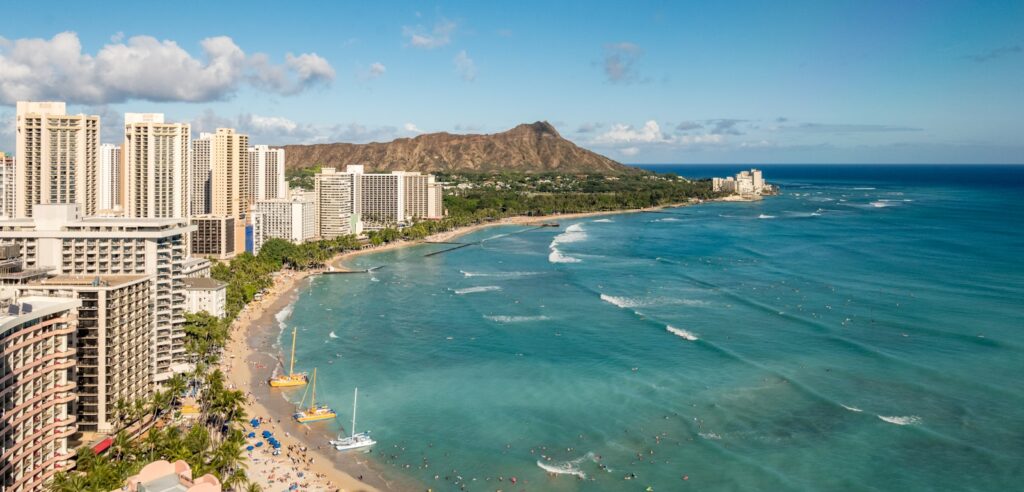
This comment erases Hawaii’s rich, unique cultural identity and complex history. Hawaii is not “like” any other state. It’s an island nation with its own language, monarchy, and cultural traditions. It was a sovereign kingdom before the U.S. overthrew it in 1893. Comparing it to California, even jokingly, reduces its cultural weight and treats it as just another American beach destination.
“You must eat pineapple all the time.”
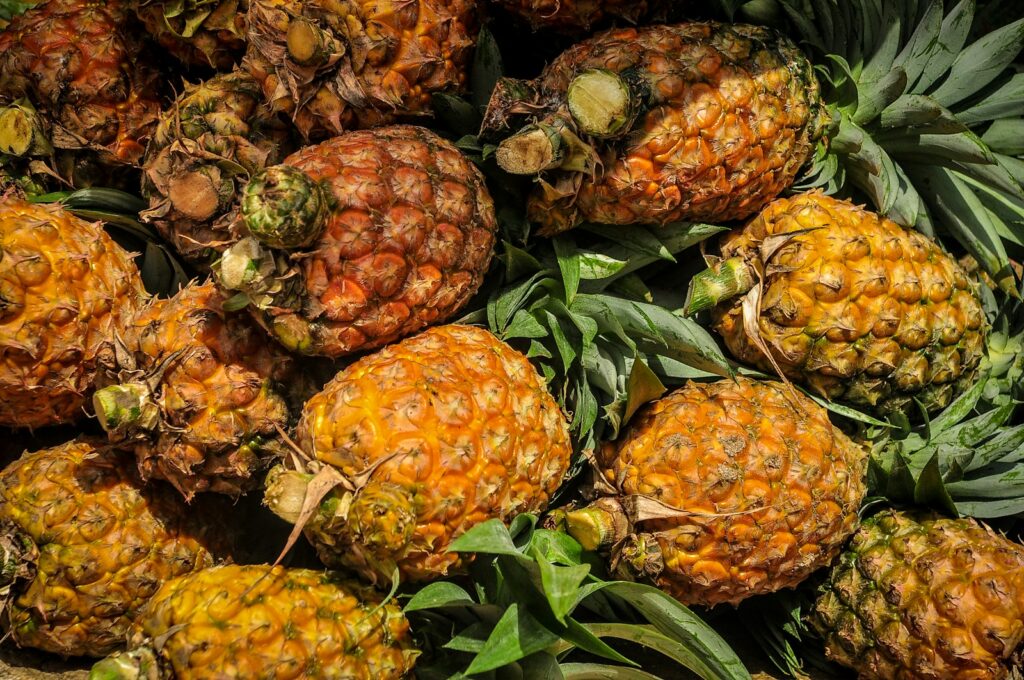
Pineapple is not a staple food in Hawaii. It’s a commercial crop introduced by colonizers to feed export markets. While you can find pineapple in stores and restaurants, it’s not a central part of Hawaiian cuisine. Local dishes include laulau, poi, poke, spam musubi, and kalua pig—foods with roots in Polynesian culture and immigrant history. So, if you want to talk about food, ask about those instead.
“So you surf every day, right?”
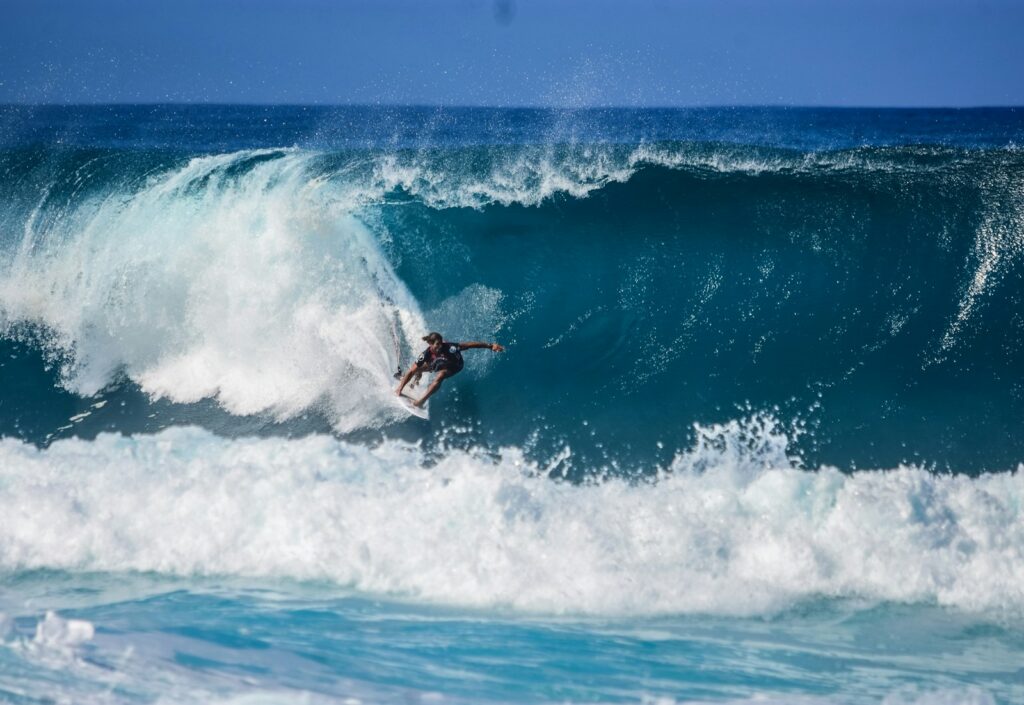
Not everyone in Hawaii surfs. While surfing was invented in Hawaii and holds a cherished place in local culture, assuming every local surfs is like assuming everyone in Colorado skis. People have jobs, kids, and responsibilities. Plus, surfing isn’t always affordable or accessible for everyone. It’s a sport and a lifestyle, but it’s not universal.
“Aloha means hello, right?”
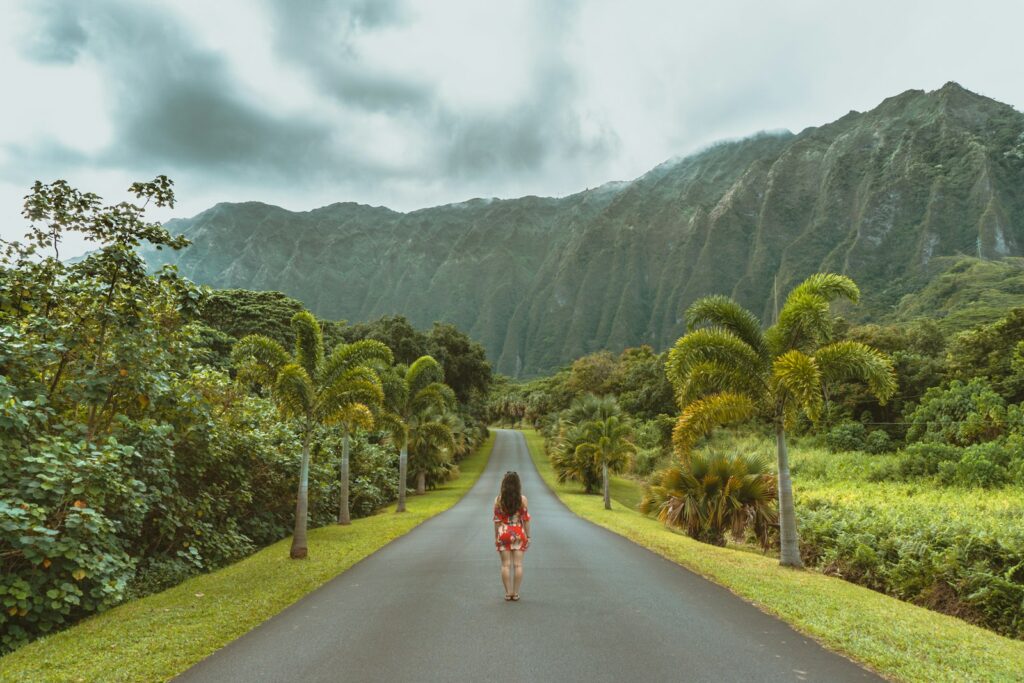
It does, but it also means much more. Aloha is a spiritual and cultural concept that encompasses love, compassion, respect, and unity. It’s about how people treat each other and the land. Reducing it to a mere “hello” strips away its deeper significance. When locals talk about “living aloha,” they’re referring to a way of life—not just a greeting at the airport.
“Mahalo! Did I say that right?”

There’s nothing wrong with learning and using Hawaiian words—language preservation is important. But if you only say “mahalo” or “aloha” in a touristy or exaggerated way without understanding them, it can come off as performative. If you genuinely want to learn, go deeper. Hawaiian is a beautiful language that’s been marginalized for years—engaging with it sincerely is the respectful route.
“It’s so exotic here!”
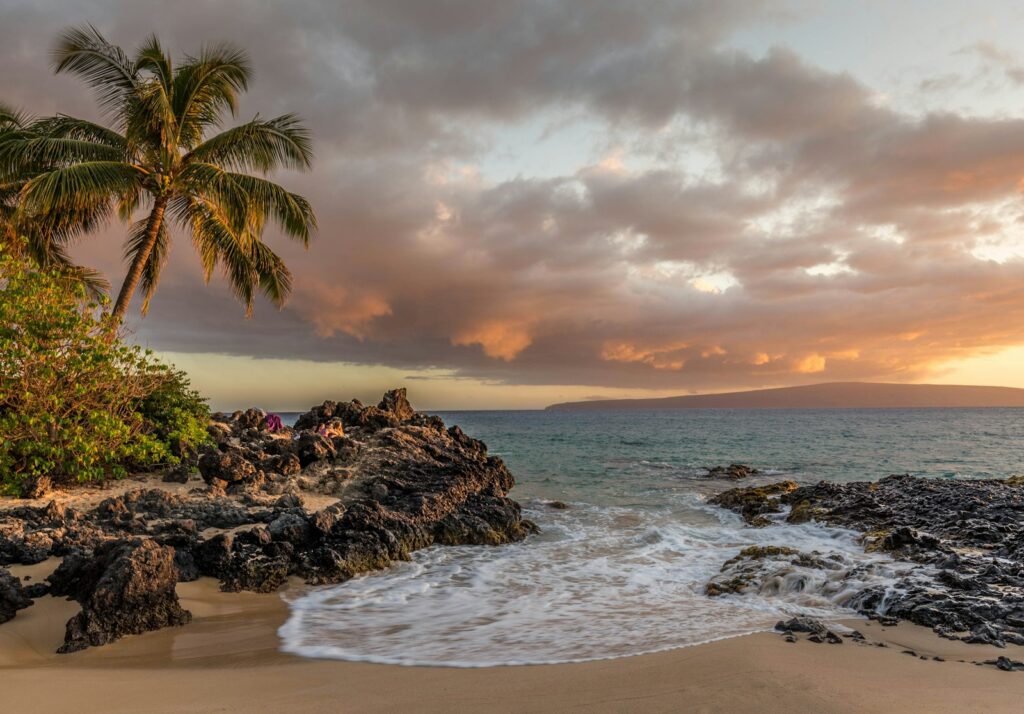
The word “exotic” is often used to otherize people and places, reducing them to objects of curiosity. Calling Hawaii exotic implies that it’s foreign or less civilized—which is ironic considering it’s a U.S. state. For locals, Hawaii isn’t exotic—it’s home. The land, the culture, and the traditions are deeply personal, and labeling them as “exotic” makes them sound like a vacation brochure rather than someone’s heritage.
“You’re so lucky to live here.”
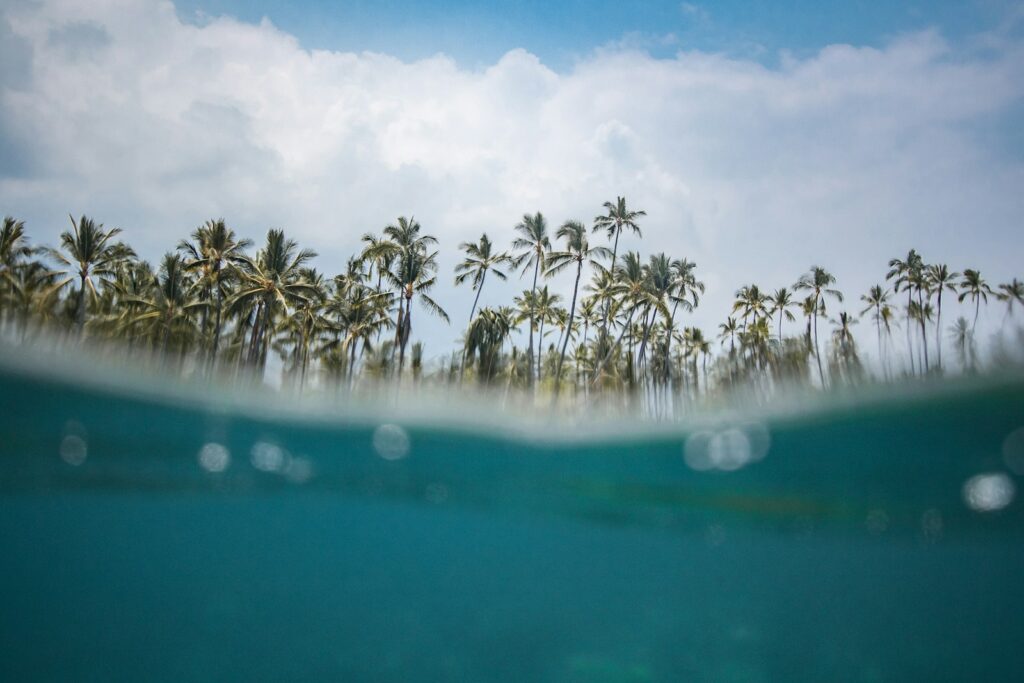
While Hawaii’s natural beauty is undeniable, this phrase overlooks the daily struggles locals face—like housing shortages, low wages, and cultural erosion due to over-tourism. Many locals are being pushed out of their communities due to rising property values and absentee investors. Telling someone they’re “lucky” to live in a place that’s becoming harder to afford each year can come across as clueless.
“Can I crash on your couch when I visit?”
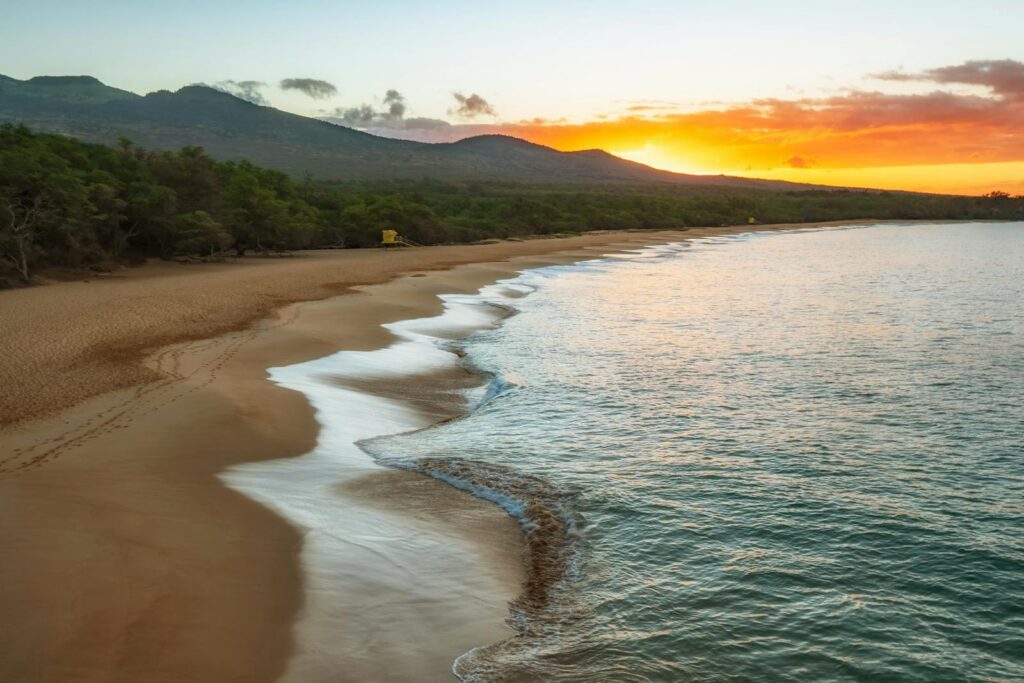
Hawaii isn’t your personal Airbnb. Flights are expensive, housing is limited, and the cost of living is sky-high. Assuming someone will host you just because they live there puts unfair pressure on them. Plus, tourism already impacts local infrastructure heavily. If you’re planning a visit, show respect by booking a place, renting a car, and not overstaying your welcome.
“I’m basically Hawaiian—I’ve been here three times.”
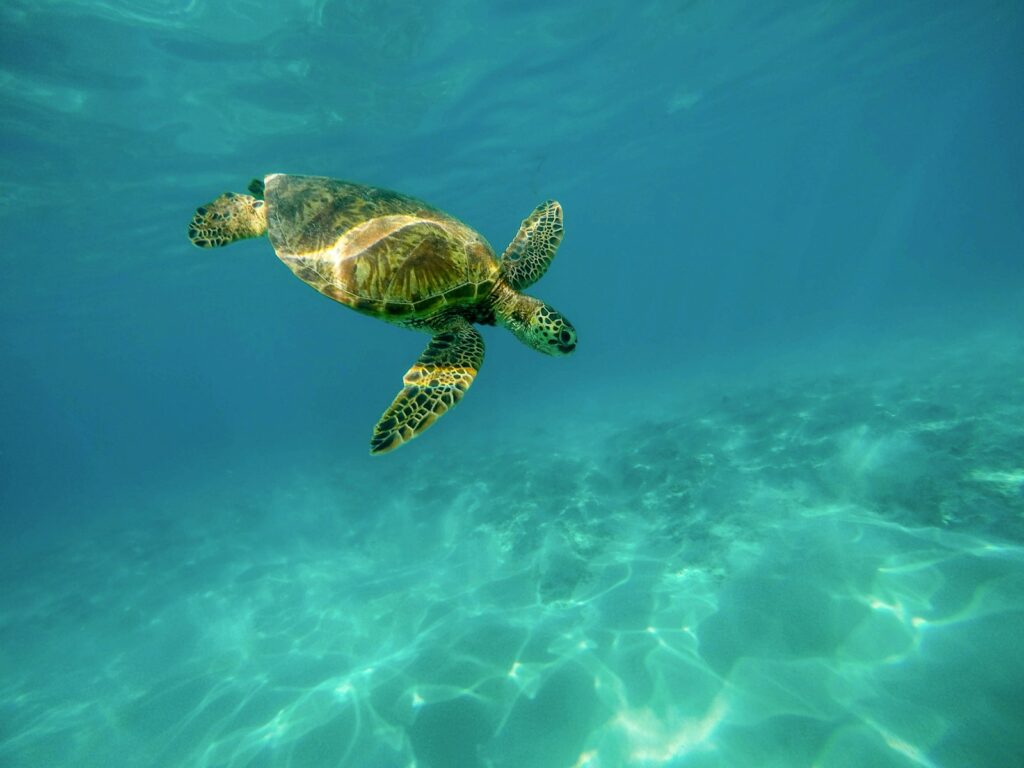
No, you’re not. Visiting Hawaii, even frequently, does not make you Hawaiian. Being Hawaiian is tied to ancestry, culture, and a shared historical experience. Even being born in Hawaii doesn’t necessarily make you ethnically Hawaiian. Enjoying and appreciating Hawaiian culture is great, but claiming an identity that isn’t yours is offensive. Respect the culture, but don’t try to wear it like a souvenir.


John Michael Barluado
April 30, 2025 at 11:49 pm
nuff said!!!